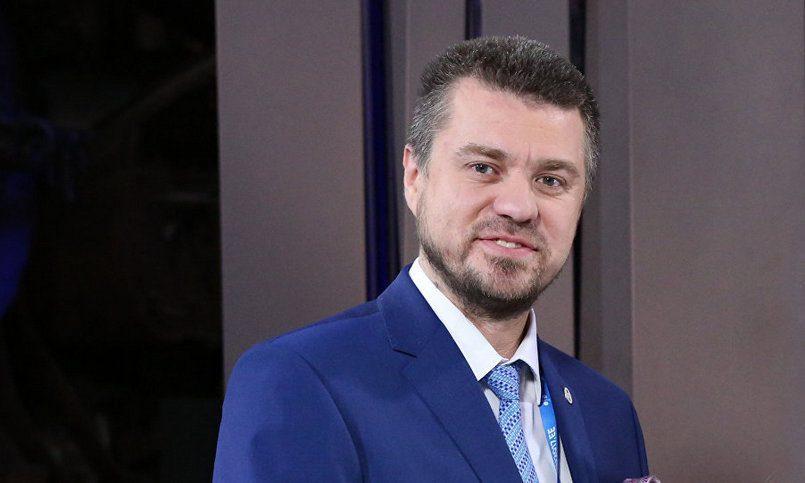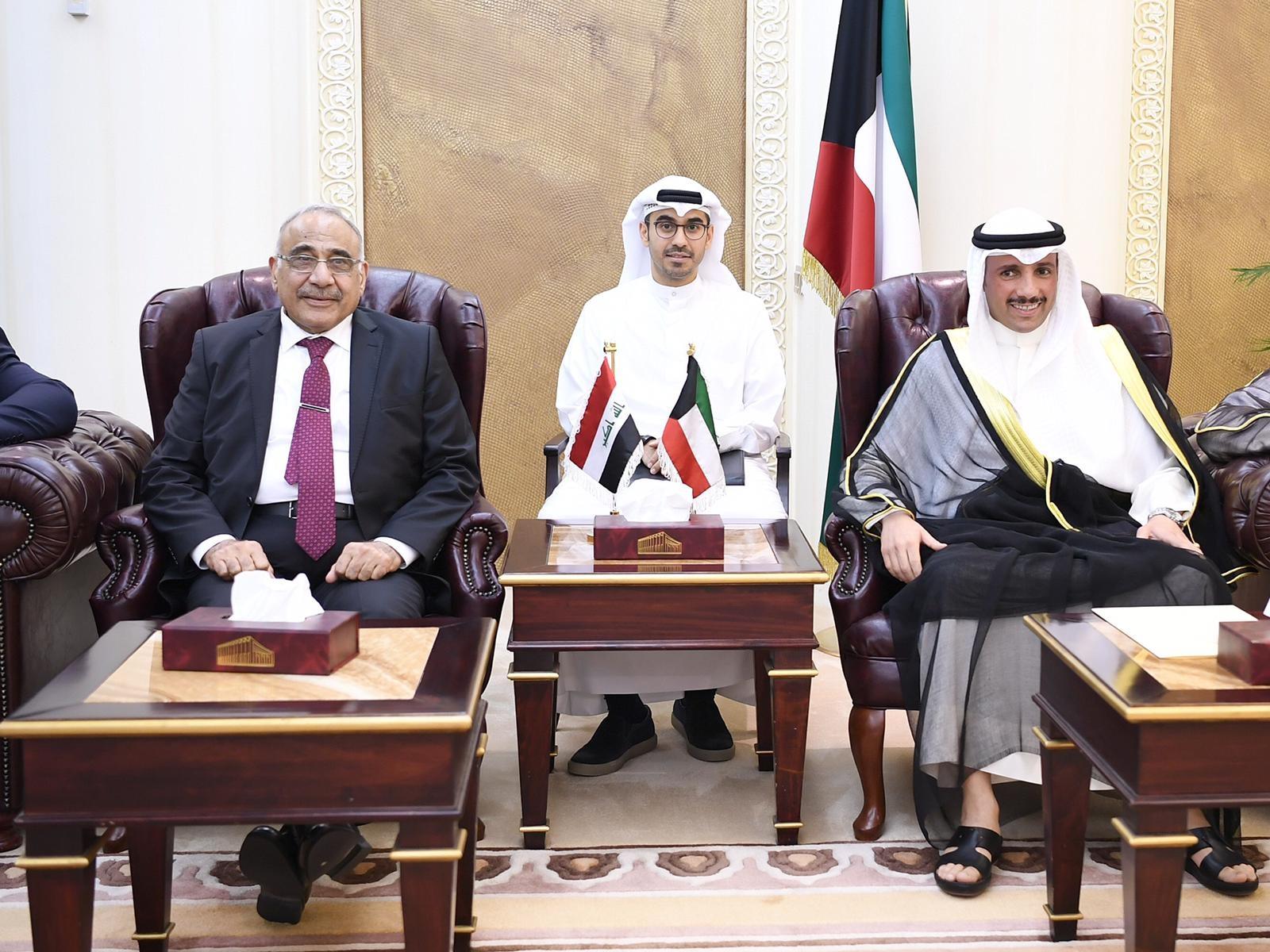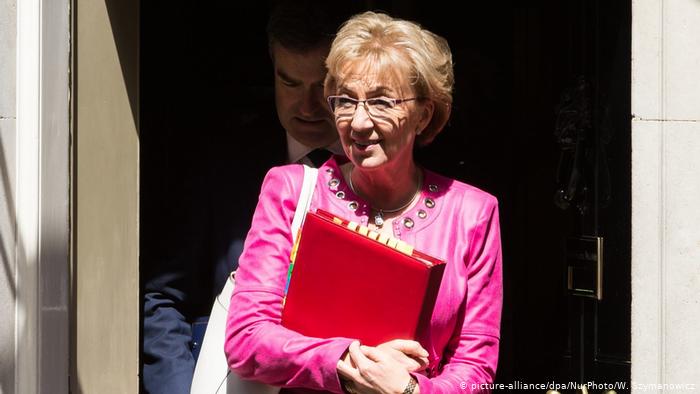EurActiv (23 Mayıs 2019)
A new industrial policy for Europe, more support for small-and-medium sized enterprises (SMEs), and improved tax policy are common priorities for the European political families for the next five year mandate, while a review of the ECB mandate is also included in the manifestos of many parties for the EU elections.
Economic priorities are less relevant for European voters, compared with the last polls in 2014, but the economic agenda plays an important role in the programmes and manifestos put forward by the European political parties ahead of the vote.
These are their main ideas for the next five-years. For social and employment proposals check our story below.
European People’s Party
“We want to bring this European model of our social market economy into the 21st century,” says the EPP in its programme.
Besides lofty words, the centre-right party backs “creating the right conditions” for at least five million new jobs in the coming years.
To that end, they want to sign new “free and fair trade agreements”, including re-starting negotiations with the US for a trade deal. They also focus on supporting SMEs, and on designing and industrial policy for the 21st century, with European industrial and competition policy which will allow global champions to be built in Europe.
The EPP also promises to cut red tape for businesses by 30%, especially for SMEs.
Finally, it wants to open new sectors in Europe, especially in the digital and circular economies.
“We want to open a new chapter for Europe by investing in the great potential of our people through a strategy based on three pillars: the social market economy, human-centred innovations, and keeping all regions competitive,” the document says.
The party pays special attention to the enforcement of the EU’s economic rules, following a mandate in which the Commission was blamed of being too flexible with Italy.
In regards to the reform of the Economic and Monetary Union (EMU), the EPP wants to turn the European Stability Mechanism into a “fully-fledged European Monetary Fund to boost growth and job opportunities”.
It also defends completing the banking union with a European Deposit Insurance Scheme (EDIS) and “strengthen the tools needed to boost investments during downturns,” in a reference to the ongoing discussions to set up a budgetary capacity for the euro area to support competitiveness and convergence.
Finally, in terms of taxation, the EPP calls for a big push to fight against tax evasion, and says that big corporations “should not get tax breaks” or enjoy exclusive loopholes not available to everyone.
The party also defends a “fair digital tax”.
Party of European Socialists
Their number one priority is to combat inequality, reduce the concentration of wealth and bolster the welfare states.
Together with he strong emphasis on labour and social priorities, the party also proposes a long-term investment plan to prepare industries and workers for the green transition, digital revolution and the growth of artificial intelligence.
The PES says that the eurozone also needs “substantial reform” and its own budget, though without going into much detail.
In regards to taxation, the PES stressed that “profits must be taxed where they are generated”.
“We will promote a common European approach to ensure a proper level of effective taxation and stop downward corporate tax competition.”
Alliance of Conservatives and Reformists in Europe (ACRE)
Lead candidate Jan Zahradil has primarily focused on trade deals and a functional internal market.
“However, the common market must not be used as a pretext for creating additional regulation such as attempts to harmonise taxes, as well as social and health care systems,” he has said.
Zahradil wants to end the obligation to adopt the euro, given the “discord” betweenthe “dogma” of ever-closer union and the political reality in member states.
Instead of a “more integrated federalised euro”, he advocates rules that incentivise “a continual pursuit of market stability” for the euro area to function well.
Alliance of Liberals and Democrats for Europe (ALDE)
The liberal party wants to turn the challenges brought by globalisation into opportunities. To that end, it defends “open, rule-based, and free trade underpinned by a strong World Trade Organisation”, but admits that communication on free trade agreements must be improved.
It also wants to reach the target of 3% of EU GDP invested in research and development by 2020, despite this being a decision that depends on the national finance ministries.
But referring to EU’s own budget, it shall not support any project that goes against EU’s climate and energy goals.
ALDE also wants to complete the banking union and set up a “true” European Monetary Fund, but access to funds will be based upon “strict conditions ensuring responsibility and the principle of avoiding moral hazard”.
In this vein, the party will work to have more automatic sanctions against countries breaching the stability and growth pact.
However the party is more vague in regards to new fiscal instruments. It says it wants to combine “the responsibility of each Member State for its own policies with a structure that can foster financial stability and economic growth.”
The Greens
Their 12-point plan includes a Green New Deal to overcome “the austerity paradigm” and ensure decent jobs for all.
It proposes a EU authority to supervise the digital sector and a “common sustainable industrial policy”.
The party defends “taxing more what we want less of (resource use and pollution) and taxing less what we want more of (jobs).”
It calls for a digital and financial transaction tax and promises to go against “unfair” tax competition between member states and tax havens. To that end, they want a minimum corporate tax rate.
It also suggests a European tax on flights and plastics.
The Greens bring back the idea of using new indicators to measure social and economic progress, including not only GDP but also alternative metrics that reflect social and environmental concerns.
On this note, the party wants to rewrite the Stability and Growth Pact to include social and environmental objects, and add a Sustainability and Prosperity Pact including social, economic and environmental targets for the EMU.
It also wants a fiscal capacity for the eurozone, but open to non-euro member states, with solidarity tools including eurobonds
To support SMEs, the party wants to review competition rules in order to ensure a level playing field between SMEs and big companies.
The party is in favour of “open and fair-trade policies”, as long as there are transparent processes and respect of labour, environmental, and consumer rights.
It defends higher capital requirements for banks, whose investment and financing of the real economy must be separated.
Finally, it wants the Eurogroup to become an ordinary Council of ministers, to complete the banking union, and to review the ECB mandate to prioritise full employment besides price stability and act as a lender of last resort to crisis-hit member states.
European Left
“We wish to forge an alternative economic and social policy able to create jobs, redistribute wealth and cover all social needs,” the European Left’s manifesto says.
Their proposals also include reviewing the ECB’s mandate to include full employment, and a public investment program in socially important areas.
They also wants to reduce working hours without loss of income.
It defends the public, democratic ownership of banks, and a minimum tax for big companies. It calls for a financial transaction tax, to close tax havens and fully transparent ‘country by country reporting” by multinationals.
The Left also wants a European conference on public debt to implement “structural and long-term solutions” for its restructuring and reduction.
The party also proposes to rescind trade deals that threaten agriculture, industry, audio-visual broadcasting, workers’ rights, the environment and culture, and the agreements reached with Israel and Morocco, “which oppress and violate the rights of the Palestinian and Sahrawi peoples.”
Stop demonising China, Varoufakis tells Europe
Greece’s former finance minister, Yanis Varoufakis, now standing as a leftist candidate for the European Commission presidency, told the EU on Tuesday (26 March) to stop blaming China for an unbalanced economic relationship because the playing field “was never levelled in Europe”.
European Spring
The pan-European platform led by former Greek finance minister Yanis Varoufakis proposes a “green investment programme” to mobilise €500 billion each year for Europe’s green transition. Additionally, a carbon and an inheritance tax will support less developed European regions.
It not only wants the common deposit insurance scheme, but also a parallel digital public payment systems, to bring together member states into a European Clearing Union that rebalances the Eurozone “and eliminates the threat of catastrophic costs from a euro-exit.”
The ECB is key in its strategy. Firstly, the platform will add the low employment target as part of the mandate.
In addition, they would offer member states the possibility to convert their debt into a loan extended by the ECB at a lower rate.
The party also calls for a European treasury and a European People’s Bank (EPB). Member states will finance the EPB by providing tax credits for those who make deposits. The money would give put loans and invest in municipal services without creating deficit.
In addition, European Spring will limit the total assets that banks accumulate to prevent them from becoming ‘too big to fail’.
The party will also increase tax transparency, and will propose a multilateral agreement on Inheritance Tax.
Volt
The two-year old pan-european party is running under the same detailed programme (the Amsterdam declaration) in eight member states.
It defends creating a European Digital One Stop Shop to set up new businesses in three working days at a minimal administrative costs.
It proposes to double spending on research and development to 4% of EU GDP by 2025.
It calls for a eurozone budget, completing the banking union and a full economic and monetary union under a European Finance Minister, and wants to expand the mandate of the ECB to promote employment, sustainable growth, and crisis prevention and mitigation.
Macron
French President Emmanuel Macron has European ambitions for his national project for this election. For that reason we included him in this selection.
In the op-ed published last March, Macron stated that “Europe is not just an economic market. It is a project.” As we are in a “pivotal moment” for our continent, he called for a “European renaissance”.
He proposed to reform competition policy and reshape EU’s trade policy, “penalising or banning businesses that compromise our strategic interests and fundamental values such as environmental standards, data protection and fair payment of taxes”.
He also pushed for European preference in strategic industries and public procurement.
He also wants the “imperative” of climate to become the mandate of the ECB, the Commission, the EU budget and the Investment Plan for Europe.
In order to compete in the digital era, he wants to give the new European Innovation Council a budget “on a par with the US” to spearhead new technological breakthroughs such as artificial intelligence.
Le Pen and Salvini
The party of French leader Marine Le Pen, Rassemblement National (RN), and Italy’s Lega, led by Matteo Salvini, will be two of the largest eurosceptic and national-populists parties in the Parliament.
Le Pen’s manifesto for the European elections focuses on repealing the posted workers directive, and replacing free trade by “fair trade”, as existing trade deals “already almost killed our industry and will kill tomorrow our agriculture”.
Instead, RN wants to restore customs protection such as taxes, quotas and border quotas.
Another priority is to lower taxes, including for SMEs, and lower France’s contribution to the EU budget.
Le Pen’s party also wants to expand the mandate of the ECB to explicitly fight unemployment.
Salvini’s Lega could become the second or third largest national party in the Parliament. However, Lega has not included its proposals in a document or manifesto, or at least not to the knowledge of the press.
No comments yet.
- HOW YOUNG VOTERS MATTER IN EUROPEAN PARLIAMENT ELECTIONS Europe - EU 23.05.2019
-
 ESTONIA, AZERBAIJAN MAY EXPAND PORTS COOPERATION
The Caucasus and Turkish-Armenian Relations
23.05.2019
ESTONIA, AZERBAIJAN MAY EXPAND PORTS COOPERATION
The Caucasus and Turkish-Armenian Relations
23.05.2019
- KOSOVO COMMEMORATES ANNIVERSARY OF DUBRAVA PRISON MASSACRE The Balkans 23.05.2019
-
 KUWAIT- PARLIAMENT SPEAKER RECEIVES IRAQI PM
Iraq
23.05.2019
KUWAIT- PARLIAMENT SPEAKER RECEIVES IRAQI PM
Iraq
23.05.2019
-
 PRO-BREXIT MINISTER QUITS AS THERESA MAY FACES ENDGAME
Europe - EU
23.05.2019
PRO-BREXIT MINISTER QUITS AS THERESA MAY FACES ENDGAME
Europe - EU
23.05.2019
-
25.01.2016
THE ARMENIAN QUESTION - BASIC KNOWLEDGE AND DOCUMENTATION -
12.06.2024
THE TRUTH WILL OUT -
27.03.2023
RADİKAL ERMENİ UNSURLARCA GERÇEKLEŞTİRİLEN MEZALİMLER VE VANDALİZM -
17.03.2023
PATRIOTISM PERVERTED -
23.02.2023
MEN ARE LIKE THAT -
03.02.2023
BAKÜ-TİFLİS-CEYHAN BORU HATTININ YAŞANAN TARİHİ -
16.12.2022
INTERNATIONAL SCHOLARS ON THE EVENTS OF 1915 -
07.12.2022
FAKE PHOTOS AND THE ARMENIAN PROPAGANDA -
07.12.2022
ERMENİ PROPAGANDASI VE SAHTE RESİMLER -
01.01.2022
A Letter From Japan - Strategically Mum: The Silence of the Armenians -
01.01.2022
Japonya'dan Bir Mektup - Stratejik Suskunluk: Ermenilerin Sessizliği -
03.06.2020
Anastas Mikoyan: Confessions of an Armenian Bolshevik -
08.04.2020
Sovyet Sonrası Ukrayna’da Devlet, Toplum ve Siyaset - Değişen Dinamikler, Dönüşen Kimlikler -
12.06.2018
Ermeni Sorunuyla İlgili İngiliz Belgeleri (1912-1923) - British Documents on Armenian Question (1912-1923) -
02.12.2016
Turkish-Russian Academics: A Historical Study on the Caucasus -
01.07.2016
Gürcistan'daki Müslüman Topluluklar: Azınlık Hakları, Kimlik, Siyaset -
10.03.2016
Armenian Diaspora: Diaspora, State and the Imagination of the Republic of Armenia -
24.01.2016
ERMENİ SORUNU - TEMEL BİLGİ VE BELGELER (2. BASKI)
-
AVİM Conference Hall 24.01.2023
CONFERENCE TITLED “HUNGARY’S PERSPECTIVES ON THE TURKIC WORLD"









